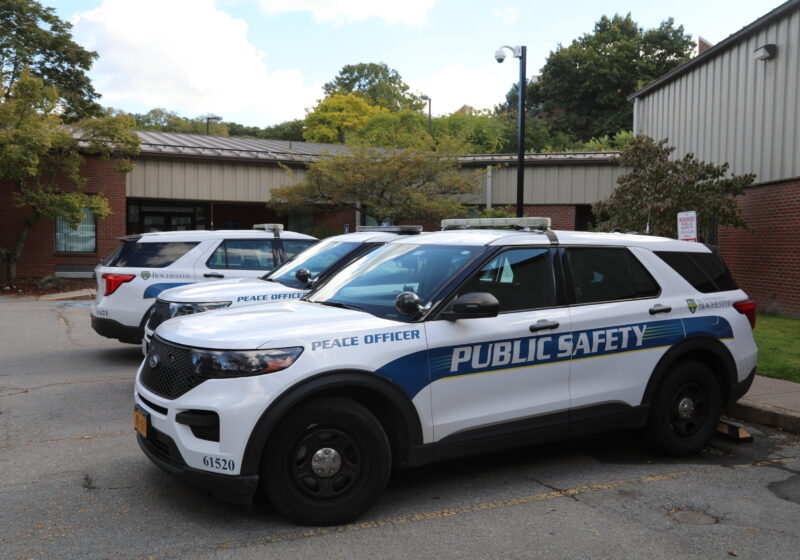As campaign posters start to pop up, it’s once again time to elect the first-year SA senators.
With over 20 candidates gunning for four positions, it’s tempting to vote for whoever’s name you vaguely recall from a chalk drawing on the Wilson Quad. After all, most of us barely know who our senators are, or what they can do for us.
But they have more power than we think. SA is responsible not only for managing over 300 student organizations on campus, but also for advocating on behalf of all students for a better quality of life. Whether you’re a first-year with a ballot to cast or an upperclassman, there are reasons to keep tabs on SA Senate.
Senate decisions impact the University, in ways both good and bad.
It was an SA Senate vote that decided the elimination of club committees. It was another SA Senate vote that effectively ended the University’s Equestrian Team, then one of the oldest club sports teams on campus.
SA Senators worked on a committee that brought about the year-round UR food pantry, and on an initiative gave all students 100 free pages of printing (in the form of $10 of URos). Current SA president Jamal Holtz began his work on the expansion of Saferide when he was a senator.
A campus-wide conversation around gender inclusivity began in SA, when students brought attention to the fact that many SA-funded organizations were unconstitutional because they restricted membership based on gender. Ultimately, the decision to implement a gender-exclusivity waiver was approved by the SA Senate.
Even if you don’t think SA Senate represents you, administration does.
When the proposal to arm some Public Safety officers first resurfaced in 2018, administration sought to bring the conversation to students by presenting at a student Senate meeting.
The decision was criticized by students who felt insufficiently represented by SA. But, like it or not, SA Senate’s the closest thing we have to representation. Since they will be called on to speak for us, we might as well make sure we have some say.
If we don’t pay attention, we can’t hold them accountable.
With boundless opportunities for improvement, how do SA Senators decide what’s important? Ideally, under this whole democracy thing, they don’t have to. Our input can steer senators away from the bright ideas no one asked for and towards actions that satisfy our actual needs.
When we don’t communicate with senators, we leave them to assume our needs, meaning that our elected representatives can’t represent. And given that senators — plus the president and vice-president — are the only elected officials in SA, this is pretty much our only chance to have a say.
So here’s what you can do.
For starters, first-years can vote on Sept. 12 and 13 and just make a note of the winners. They represent you now. You can find the candidates here.
For upperclassmen, find out who your senators are and tell them what you would like to see. Their names and emails are all available on the SA website.
All students can show up to Senate meetings. If you have something to say, a senator can yield the floor to you. The meetings happen on Mondays at 8 p.m. in the Gowen Room in Wilson Commons.
It’s the Senate’s job to represent us and our interests, but it’s our job to meet them halfway. We need to let them know what we need and how they can help us.





